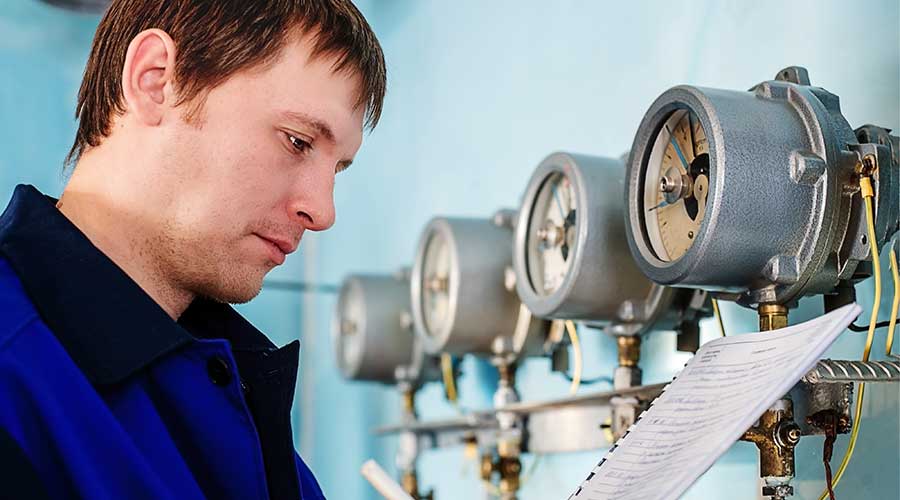Tony Di Tullio, Director of Property Management, Air Canada oversees a comprehensive property portfolio across Canada, including 70 buildings totaling 6 million square feet of hangars, offices, and leased properties. The team, composed of 140 in-house staff and supported by third-party partners, manages an extensive workload, handling 40,000 work orders annually with a $50 million budget, plus an additional $30 million allocated to energy.
In his NFMT Remix presentation, Di Tullio highlighted a significant process improvement initiative aimed at reducing waste and increasing efficiency within the property management processes. The need for change stemmed from inefficiencies and time-consuming workflows, which caused delays, cost overruns, and frustration among the staff. The solution was grounded in Lean principles and Six Sigma methodologies, particularly focusing on the DMAIC (Define, Measure, Analyze, Improve, Control) framework.
Through this process, the team identified critical inefficiencies, such as unnecessary approval steps and redundant processes in the procurement workflow. By eliminating or streamlining certain steps, including reducing the number of required approvals and allowing facility managers to self-authorize expenses under $5,000, the team saved hours on each work order. This approach helped reallocate time to more critical tasks, improving overall productivity. The team also applied 5S principles — Sort, Set in Order, Shine, Standardize, and Sustain — to ensure a clean, organized, and efficient process that can be maintained over time.
The project’s success is attributed to involving both unionized and non-unionized staff in the improvement sessions, fostering a collaborative environment. By showing efficiency gains, the team could justify requests for additional resources and expand its role within the company. Despite these successes, it's still important to regularly audit processes to prevent regression to old practices.
Log in or join fnPrime to watch this presentation.





